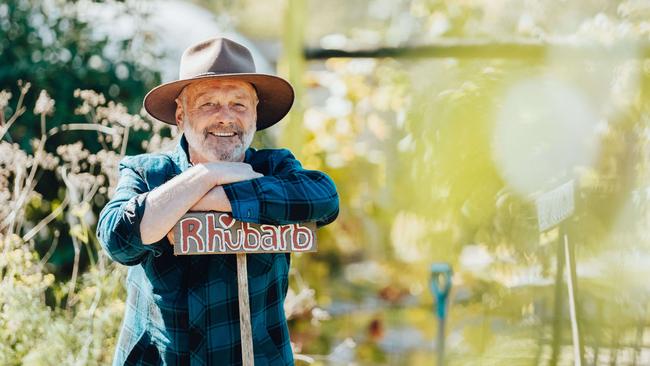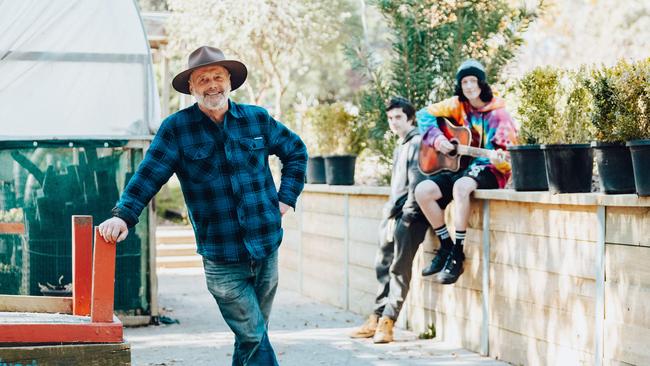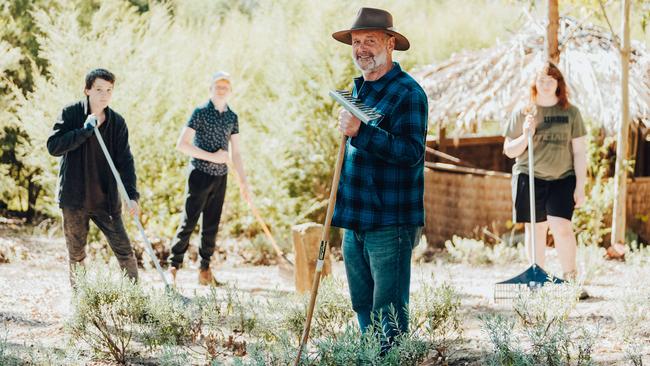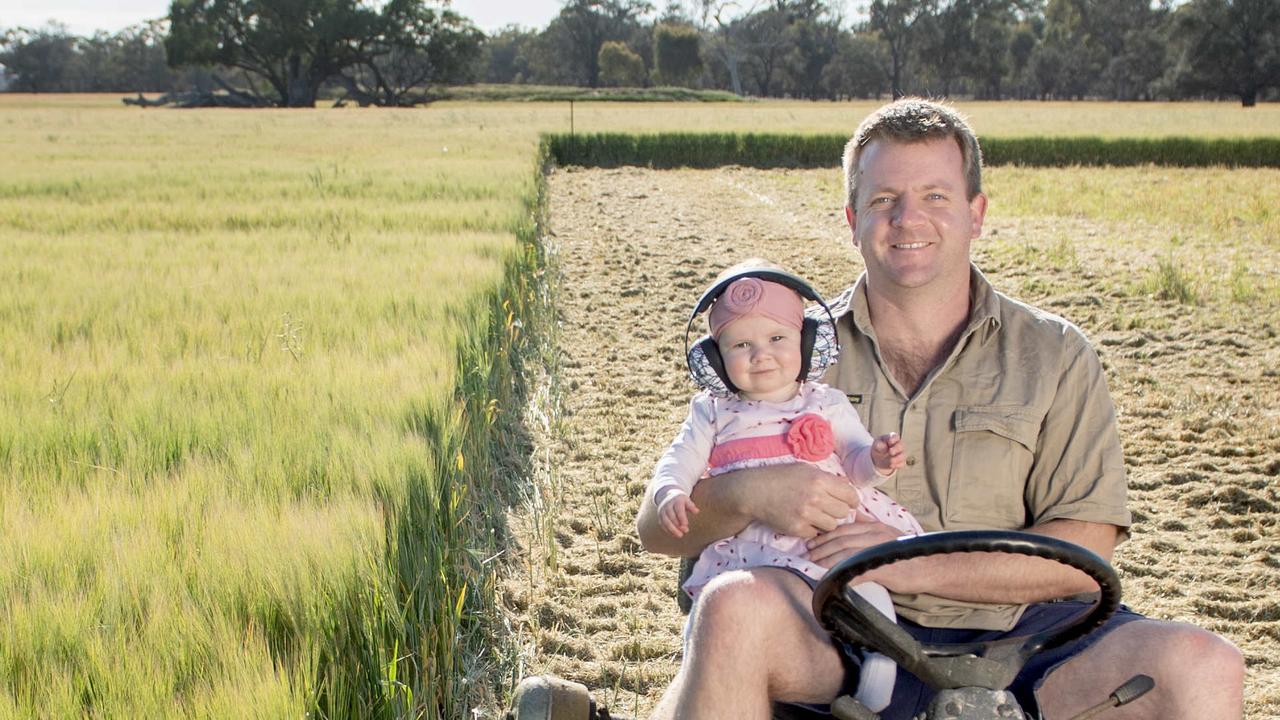Woori Yallock Farm School has been helping kids since 1873
Kids who struggle in school, or need more team work and social skills are being sent to horticulture training. And Peter Preuss can’t understand why there’s not more programs like it.

After 30 years teaching at the Woori Yallock Farm School, Peter Preuss can’t understand why there aren’t more schools like it in Victoria.
“The students gain qualifications but more importantly we’re engaging the disengaged,” Peter says.
“Through this program we are kicking goals. We really turn kids around.
“There should be many more of these programs but unfortunately the government would rather spend more money on jails than the kind of work we do.”
The Farm School is on 2.5ha on the edge of the Yarra Valley, with a productive orchard of heritage plums and apples, a large 100m2 vegie garden, and a nursery including two polyhouses and one greenhouse, which produces up to 20,000 native plants a year, supplied to Landcare and the Friends of the Helmeted Honeyeater for revegetation projects.
Pupils from years seven to 12 spend one day a week at the school, with about 100 students per year completing a certificate I or II in horticulture or conservation land management.
The students are referred to the farm – which is run by the Croydon Community School – by 10 participating schools in the eastern region, generally kids who are challenged by the academic program, are at risk, or who need more team work and social skills.
“We generally try to avoid publicity because every time there’s any media on the school we get inundated with parents wanting to send their child here. But unfortunately we can only take pupils from the 10 schools.”
On any day there are about 30 kids on the farm and – depending on which course they’re completing – take part in an array of skills, including maintaining the orchard, such as pruning, largely organic disease and pest control and harvest, through to plant propagation, looking after the yellowbelly trout in the property’s wetland and even managing a flock of ducks and chickens.
Propagated plants are sold to the likes of Landcare.
“The kids complain it’s child labour, but in reality this farm runs on a tight budget. From our savings, for instance, we needed to buy a new school bus this year after our old one broke down.”
The courses include an Aboriginal culture component, with pupils propagating yam daisies for the local Wurundjeri people, which could in the future be a commercial crop.

Peter is one of two full-time teachers at the school – which was first established in 1873 by early settlers as a tent school – alongside a handful of part-time teachers.
The 65-year-old has his own vineyard, producing about 2000 bottles of wine a year under his Thirsty Wombat label, sold at farmers’ markets, where students in the past have also learnt vineyard skills (not working with alcohol).
He says while the students gain a range of land management and horticultural skills, it’s actually the team work and leadership that changes their lives.
“The students don’t arrive here and we waive a magic wand. We have to go through a process where they are co-operating,” he says, adding at times teachers cop attitude from their charges.
“In many ways they are normal teenagers and the job of a teen is to step over the line.
“Not everyone is academic and in the past they had more choices with hands on trades and so this gives them a break from one day at school that is fun and team oriented.”
Peter says they keep the pupils fully occupied including a gruelling hike up Mt Sugarloaf at their end of their course, both a physical and symbolic point of achievement.
“They see it as part of their growing experience. The whole program is a right of passage.”

After three decades in the job Peter says students can be less fit these days and are far more distracted.
While they are allowed to keep their phones for photos, if they misuse the technology phones will be confiscated.
“Screen time is almost a plague, especially after COVID-19. We’ve noticed this year they are more disengaged than ever.”
Peter said his job would not suit all mainstream teachers, with those working at the farm needing to have “tough love and patience”.
“They need to see the good in each of them because a lot of these kids have had negative feedback. Generally the only way they get feedback is when they’re naughty.
“Teachers here are driven by seeing the success and joy from the students.”
Peter said while many go on to work in agriculture, others use the skills learnt – such as occupational health and safety – to be hairdressers through to mechanics.
“I’ve lost count of the number of times I’ll be filling my car at the petrol station and a bearded dude will put a hand on my shoulder and tell me about the time he had at the school. That happens all the time.
“A lot of past students come back here with their own children. Some come here and just ask to walk around because they’re going through a rough patch in life.
“That sort of thing keeps me going. There are rocky days here. But that makes it worth it. It’s a rewarding, privileged job.”


